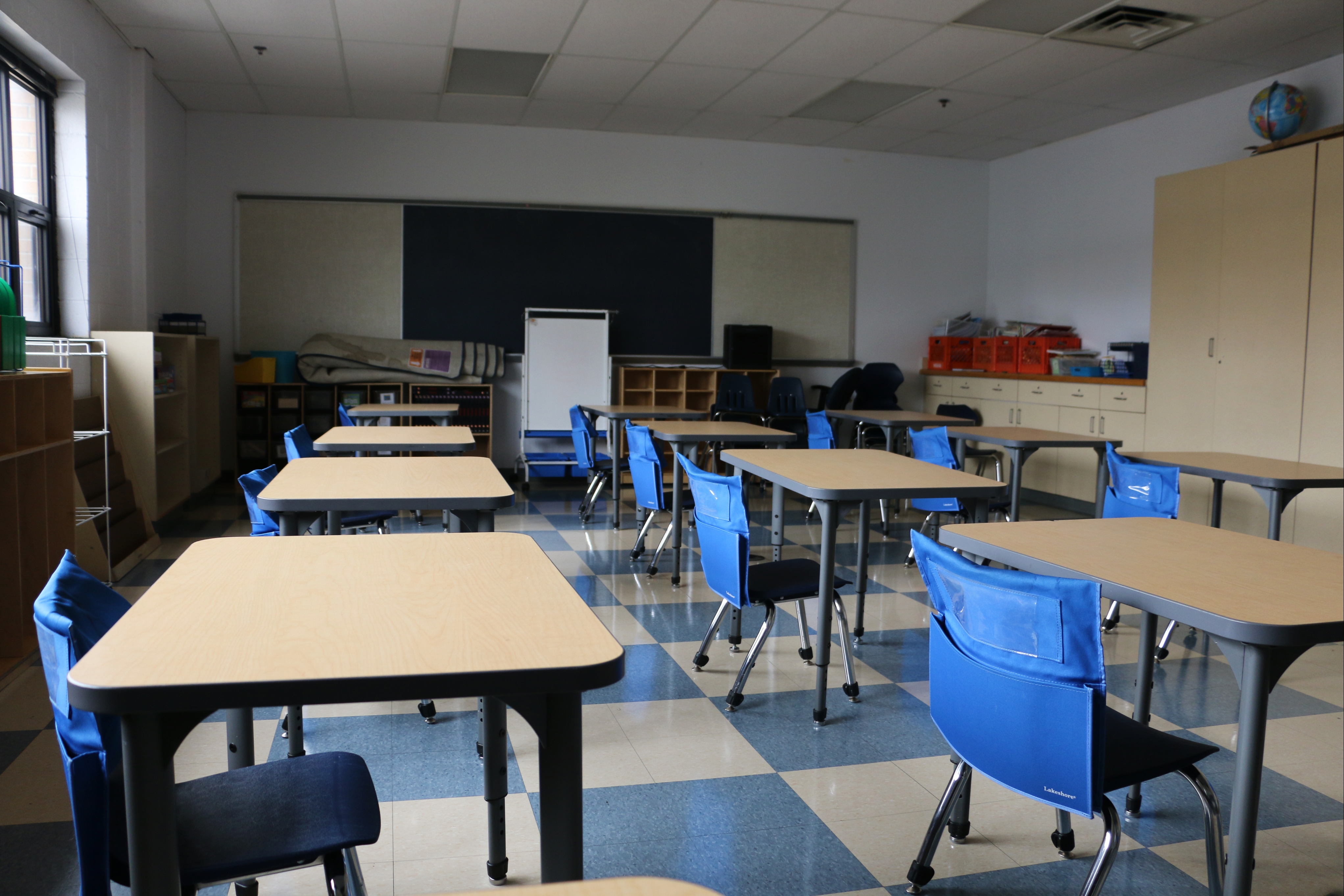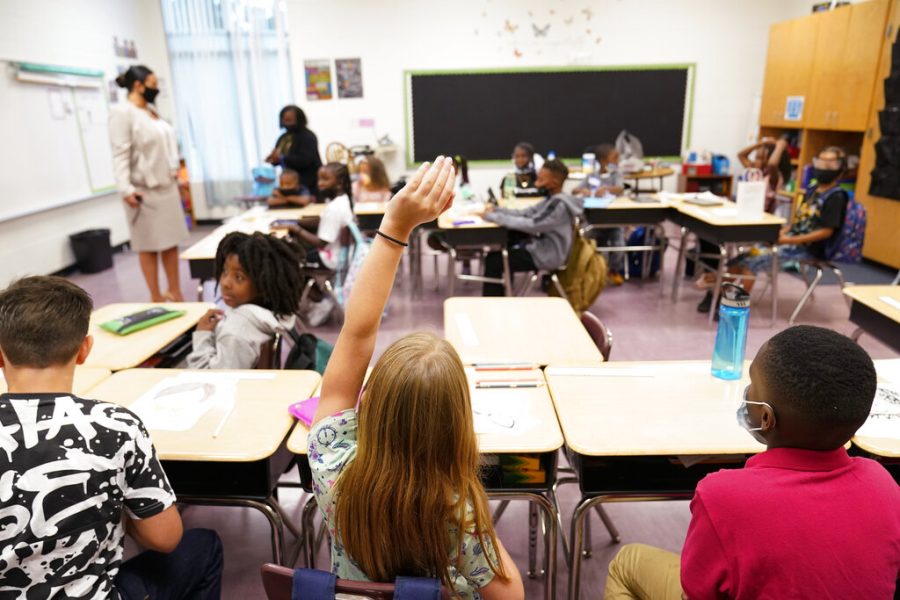Cutting-edge Solutions to Save Temecula Schools from Budget Plan Cuts
Cutting-edge Solutions to Save Temecula Schools from Budget Plan Cuts
Blog Article
Recognizing the Relevance of Schools in Child Advancement and Neighborhood Development
Schools serve as critical organizations for child advancement and community growth, offering atmospheres where scholastic accomplishments are matched by the farming of social abilities and exposure to varied viewpoints. These instructional setups not only promote vital reasoning and reliable communication yet likewise foster compassion through collaborative tasks. Furthermore, colleges' involvement with regional communities via service-learning initiatives reinforces the bond between family members and universities. This symbiotic partnership underscores the importance of colleges in supporting energetic citizenship and lifelong understanding habits. Nevertheless, what are the particular systems whereby these establishments attain such profound impacts?
Academic Success
Academic achievement works as a foundation of child growth, providing the foundation whereupon future discovering and success are constructed. Schools play a critical function in promoting this scholastic development, supplying organized settings where children can acquire vital understanding and cognitive skills. Standardized curricula make certain that pupils gain efficiency in core subjects such as maths, scientific research, and language arts, which are crucial for both college and specialist possibilities.
Along with imparting fundamental scholastic abilities, colleges additionally grow vital reasoning, analytic abilities, and intellectual curiosity. These cognitive expertises are essential for navigating intricate real-world scenarios and adapting to the ever-evolving demands of the modern office. Teachers, as facilitators of understanding, use diverse instructional methods to accommodate different understanding styles, thereby optimizing individual student possibility.
In addition, academic success is closely linked to self-worth and inspiration. Kids who experience scholastic achievements are most likely to develop a positive self-concept and a lifelong interest for understanding. Institutions additionally offer various resources, such as collections and modern technology, which even more enhance the educational experience and prepare pupils for a technologically sophisticated culture.
Social Ability Development
Beyond academic accomplishment, the function of institutions in social skill advancement is crucial. Schools act as a primary venue for kids to find out and exercise important social skills such as interaction, conflict, and teamwork resolution. In the organized environment of a classroom, students communicate with peers, educators, and other school staff, using countless possibilities to create these critical abilities.
Efficient social ability advancement in institutions is helped with with group tasks, collective tasks, and extracurricular programs. These interactions help pupils comprehend social standards, construct compassion, and foster a sense of neighborhood. For example, team jobs teach trainees just how to work with each other in the direction of an usual objective, pay attention to different point of views, and browse arguments constructively.

The farming of social abilities during academic year lays a foundation for future personal and specialist relationships. Save Temecula Schools. As pupils mature, the capability to successfully connect and work together becomes progressively important, emphasizing the institution's vital function in all natural child advancement
Direct Exposure to Diversity
Exposure to variety in schools is essential to fostering a comprehensive state of mind and expanding students' viewpoints. Schools act as a microcosm of the wider society, and encountering varied societies, languages, and socioeconomic backgrounds within this atmosphere equips trainees with crucial abilities for navigating a significantly globalized globe. This exposure urges compassion, you can try this out reduces prejudices, and promotes mutual respect among peers.
Research study suggests that pupils that engage with peers from different backgrounds show much better analytical skills and creative thinking. This understanding of variety prepares pupils for future workplaces that worth multicultural skills - Save Temecula Schools.

Community Interaction
The benefits of varied class expand beyond the school walls, cultivating a strong feeling of neighborhood involvement amongst pupils. By communicating with peers from various cultural, socioeconomic, and ethnic backgrounds, pupils get a wider point of view and a gratitude for variety. This exposure urges them to become active citizens that are willing to contribute positively to their areas.
Schools that highlight neighborhood interaction Recommended Reading commonly incorporate service-learning tasks, which permit pupils to address real-world issues while using scholastic skills. These jobs not just boost trainees' understanding of their coursework yet also instill a feeling of duty and compassion. Partnerships in between colleges and local organizations provide students with chances to participate in area events, even more solidifying their role as positive community members - Save Temecula Schools.
Additionally, adult and community involvement in colleges enhances the bond in between universities and the communities they offer. When institutions open their doors to neighborhood occasions, workshops, and volunteer chances, they produce a joint environment that profits all stakeholders. This mutual support group makes sure that students get all natural growth, preparing them to come to be well-shaped individuals that contribute and value to their areas. With these initiatives, schools play a crucial function in supporting community interaction and promoting societal development.
Lifelong Learning Routines
Developing long-lasting knowing routines is crucial for a youngster's continuous development and flexibility in an ever-changing globe. Schools play a crucial function in instilling these routines by developing an environment that cultivates curiosity, important thinking, and a love for knowledge. Through diverse curricula and extracurricular tasks, educators urge trainees to explore numerous subjects, examine details critically, and apply their finding out to real-world scenarios.

In addition, colleges provide a structured environment where children can create self-discipline and time management abilities, both of which are essential for constant learning. By highlighting the importance of establishing objectives, reviewing progress, and adapting techniques, instructional organizations prepare pupils to navigate the intricacies of adult life, guaranteeing they stay lifelong students and factors to culture.
Conclusion
In final thought, schools are necessary in promoting youngster growth and community growth by offering settings helpful to academic achievement, social ability advancement, and direct exposure to hop over to here variety. Inevitably, schools cultivate long-lasting discovering behaviors, equipping individuals with the required understanding and skills to contribute favorably to society.
In the structured setting of a classroom, pupils communicate with peers, teachers, and various other institution personnel, offering numerous opportunities to create these crucial capabilities.
In significance, exposure to diversity within institutions not only improves private students yet also enhances the social fabric of the area as a whole.
The benefits of varied classrooms expand beyond the college walls, fostering a strong sense of neighborhood engagement amongst students.Colleges that emphasize neighborhood interaction often integrate service-learning tasks, which allow trainees to resolve real-world problems while using scholastic skills. Collaborations between institutions and neighborhood organizations give students with opportunities to take part in area occasions, even more solidifying their role as positive neighborhood participants.
Report this page